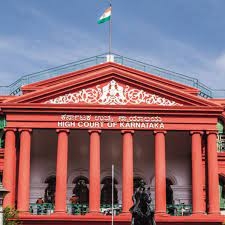Karnataka High Court has upheld the constitutional validity of the imposition of central excise duty, national calamity contingent duty (NCCD) simultaneously with the goods and services tax (GST) on tobacco and tobacco products.
A two-judge bench, comprising justice Alok Aradhe and justice S Vishwajith Shetty, basically upheld the earlier order by a single bench of the court in this regard. V.S. Products, a proprietary firm engaged in the manufacturing of tobacco and tobacco products, challenged the continuation of excise duty and NCCD even after the introduction of GST on July one, 2017.
The court said that except for alcoholic liquor for human consumption, petroleum and petroleum products, stamp duty, tobacco and tobacco products, and opium, all other goods are liable only to GST.
How Tobacco, E-Cigarette Companies Are Reaching Children with Advertisements?
Tobacco, or tobacco products, are brought to GST and excise duty, whereas opium is brought to GST and is also subject to value-added tax, the court ruled. The court said the levy of excise duty on tobacco and tobacco products is a matter of public policy and that it would not interfere with the same.
Sandeep Sehgal, a partner at Tax, AKM Global, a tax and consulting firm, said, the high court has made a distinction with respect to double taxation on tobacco products and upheld the levy of excise duty, NCCD and GST simultaneously. “In the view of the court, the subject matter of excise is manufacturing and that of GST is supply. Though the concept of ‘manufacturing’ seems to be subsumed in the concept of ‘supply’, the legislature still retains the prerogative to levy taxes on both activities,” he said.
























